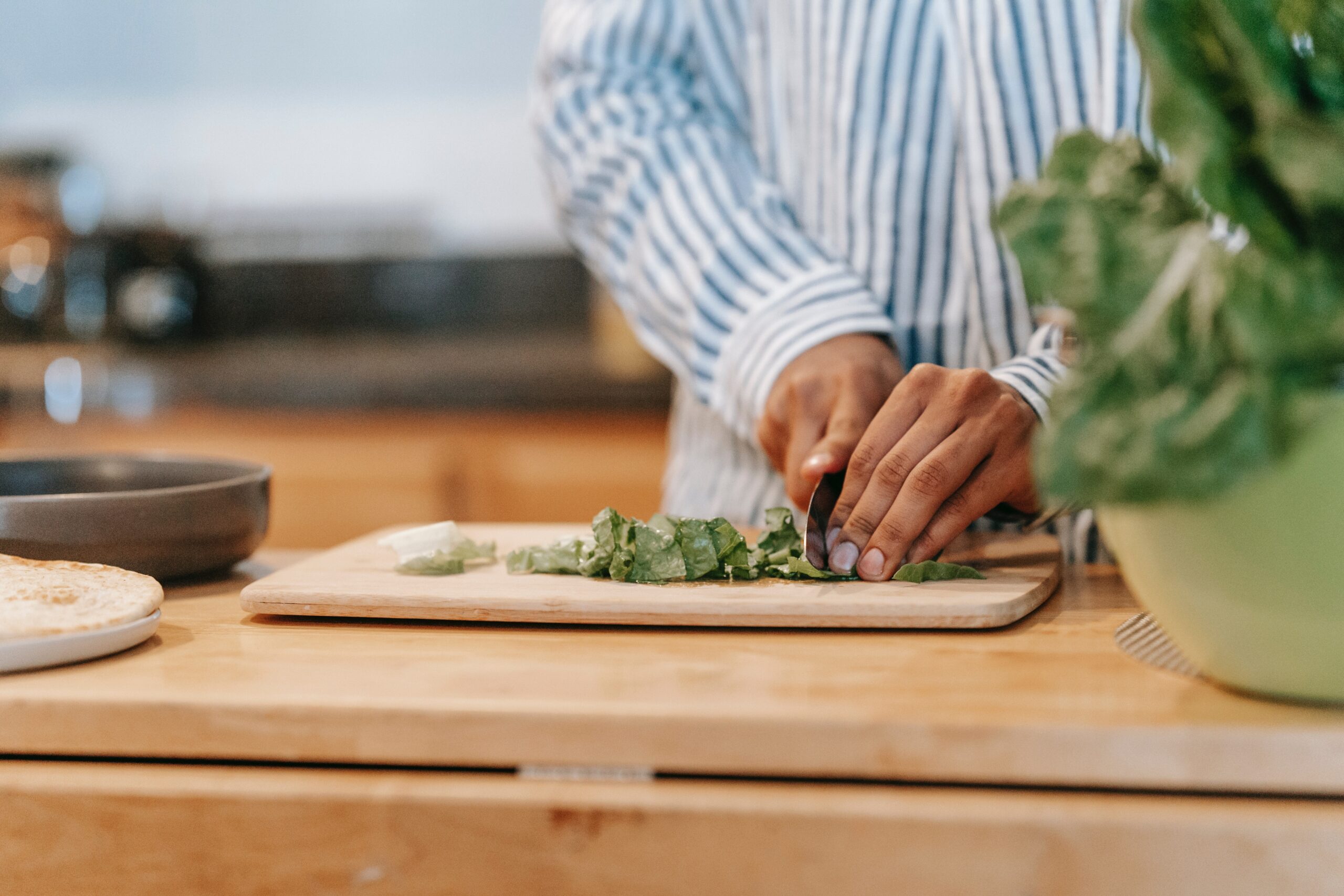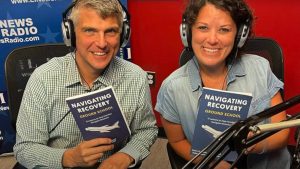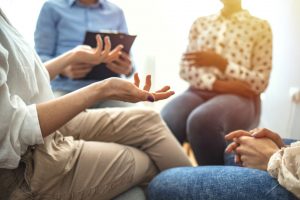
Going to Recovery Meetings Isn’t Optional
When contemplating visiting a 12-step meeting, patients often communicate that they don’t like to go to meetings. It’s not their “thing,” they say it won’t work for them. AA seems to be one of the few things in adult life that is considered optional based on preference.
I don’t enjoy many of the tasks required of me in my adult life. From courses in college I hated, to grocery store shopping, and unloading the dishwasher, adulthood is filled with tasks that range from miserable to mundane. Every day, there are things that I don’t like or want to do, and yet, I still have to get them done – the same goes for attending 12-step meetings.
Since I, personally, despise cooking, let’s apply the varied framework of a 12-step meeting to that of cooking. When I complain about cooking, people have no sympathy. They say things like “Buck up, you have to cook for the rest of your life!” or “Just learn to enjoy it!” They do not fully recognizing how much I hate it. Instead, I must learn new things, read books, follow recipes, and go to the grocery every week. Cooking is just one big hassle. Even after I do get the reward of a home-cooked meal, I have to clean up the mess!
I Despise Cooking
When I started cooking in my early 20’s, I found that most recipes had too many rules and steps that I disagreed with, so I would try to follow my own ideas. When my methods didn’t pan out as I’d hoped, I would blame the recipe, claiming that it “just wasn’t for me.” I attended a few free cooking classes, but it was as if they were speaking a whole different language. To my dismay, the instructors said that if I wanted to learn how to cook, I would have to sit, listen, and keep coming back to attend more classes. I didn’t know the process would be so intensive. I expected to learn in one or two sessions.
When I looked around the room, I noticed that the more seasoned chefs sat and talked with each other. I couldn’t believe that people that’d been cooking for years still attended classes. Didn’t they have better things to do? I thought, they must be miserable gathering around to chat and laugh at all the cooking mistakes they made in their past.
Faith in Electricity
It seemed bleak. I didn’t believe I had anything in common with them. My cooking style was completely different from theirs. I spent most of my time baking and only cooked in small quantities, while they cooked A LOT and explored various cuisines. How were they going to help me if they couldn’t understand my perspective?
In the cooking class, they told me I would have to put faith in electricity if I was serious about learning how to cook. How absurd! You can’t see electricity, and no one really knows how it works anyway, how was I supposed to believe in it?
I fought against the idea, telling myself that these people were crazy. How could any of them possibly help me?
I went to the same friends, all bad cooks themselves, to vent about my experience in the cooking classes. They agreed, cooking classes are stupid! It was such a relief to have others agree with me, that I chose to hang out with these friends longer than I should have. We laughed at all the sad people that continued to go to cooking classes, claiming that if they were any good at cooking, they wouldn’t need those classes. What a sad life they must be living, I thought. They should be more like me and hate cooking classes.
After attending a few cooking classes and hating it, I completely stopped cooking. I also stopped eating altogether and began to get very thin. My family sat me down and said that they were worried about me, worried that my lack of cooking was negatively impacting my health. They brought me a bunch of pots and pans and sent me to culinary classes again. The nerve of my family! They didn’t understand me at all! I hated cooking and if they loved me, they would too!
The Reluctant Chef
My parents sent me to an intensive cooking school. At first, I resented them for it, but after some time, I saw that maybe I did need help cooking. I found that I even began to like it. The more I learned, the more interesting it got, and the more I realized there were many important things I didn’t know. I learned to prepare a few basic dishes and realized that if I practiced regularly, I could learn to make all kinds of food! I had to start slowly by following the basic principles and overcoming my lack of faith in electricity. Once I accepted that I didn’t need to understand electricity to use electricity, I began to use my stove so much more!
As I attended more cooking classes, I really started to enjoy them. I became familiar with older cooks and began to seek them out for knowledge and advice. They were all generous enough to provide me with. I was encouraged to call them whenever I hit a rough spot. Meetings became enjoyable and I looked forward to hanging out. We shared a commonality, they were all bad cooks at one time themselves! I was also surprised to learn that cooking wasn’t the only thing that they did.
As my cooking improved, I began to experience major shifts in my life. I started to feel connected to a new group of people who eventually became my wild, zany cooking friends! We shared a deep connection and were always there to support each other as we tried to master new skills and dishes. Till this day, we still call each other and talk about bad dishes and plan future meals together.
Going to Recovery Meetings Isn’t Optional, and Neither is Cooking
Now that I’m a senior cook, I love to share my knowledge with younger cooks who remind me of myself. I realized that my disdain for cooking classes stemmed from contempt for a craft that I hadn’t even given myself a chance to fully explore. I laugh now when someone new comes in and acts like they know everything. The older I get, the more I realize how much learning to cook has improved my life and that to continue this positive trajectory, I need to share what I’ve learned to help others do the same.
About Adam Banks
Adam Banks is a certified interventionist and the owner of Adam Banks Recovery. After receiving an MBA from the University of Chicago, Adam built a company acquired by United Health Care. His discipline and attention to detail comes from his former career as an airline pilot, holding an ATP, the FAA’s highest license.
Today, Adam is dedicated to helping others achieve long-term sobriety. His work has guided executives, pilots, and physicians on paths to recovery. Adam brings families together through a loving and inclusive approach.
Adam has authored four books on addiction. His recent work, Navigating Recovery Ground School: 12 Lessons to Help Families Navigate Recovery, educates families on the entire intervention process. He also offers a free video course for families considering an intervention for a loved one.
Adam is available for alcohol and drug intervention services in New York, Long Island, the Hamptons as well as nationally and internationally.




